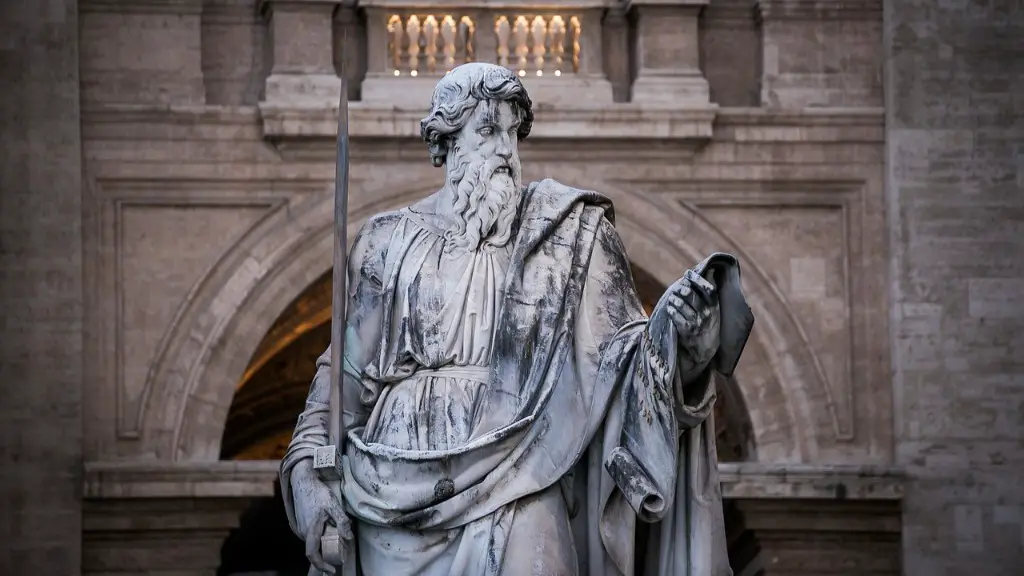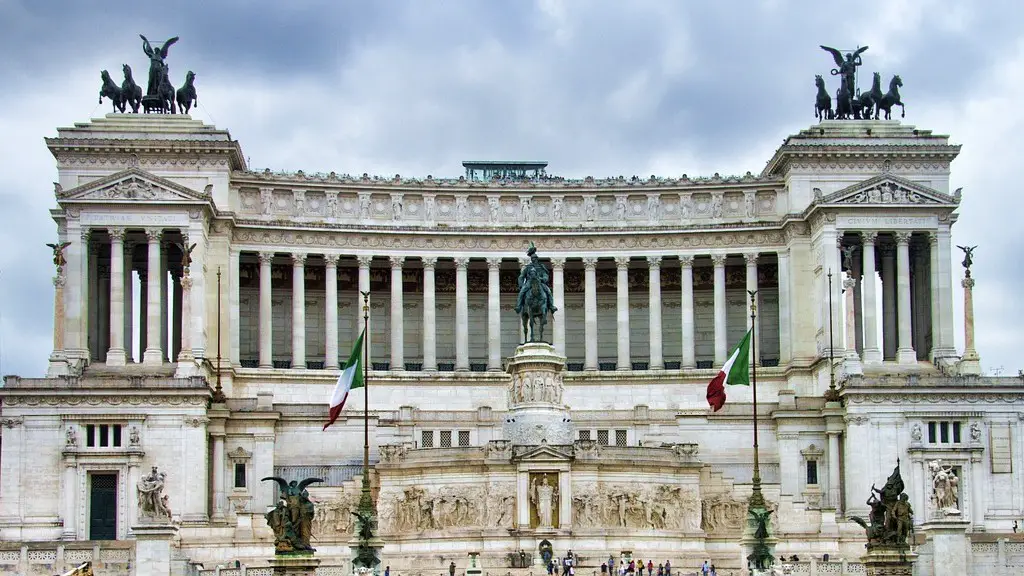What was the single greatest victory of ancient Rome?
The single greatest victory of Ancient Rome, was arguably the Battle of Pydna, fought in June 168 BC, in Thessaly, Greece between the Roman army led by Aemilius Paullus and the Macedonian forces led by Perseus.
The Macedonians, led by the King, Perseus, were the greatest threat to Rome at the time. The despotic King Philip V had gained control of all the Greek states, with the exception of the Achaean League and Sparta, by the end of the 4th century BC. Rome had already defeated Philip V in the First Macedonian war and occupied large parts of his kingdom.
Under Perseus’s rule however, the Greeks began to unite, threatening to take back territories controlled by the Romans and unifying the scattered Greek city states. The military prowess and strength of the Macedonian forces was well known, especially in the infantry unit known as the’ phalanxes’. In order to confront this threat, the Roman senate dispatched a large army, under the command of Aemilius Paullus, to meet and attempt to engage Perseus.
This battle marked the end of the Macedonian army, with the defeat of Perseus, who was subsequently captured and brought to Rome as a prisoner of war. This victory was a crucial step into expanding the Roman empire, and marked the beginning of Rome’s rise to become one of the most powerful civilizations of the ancient world. Not only did it secure Rome’s control over the entire Mediterranean region, but also it spread Roman language and culture beyond its borders. It also marked the end of the Hellenistic Period and the start of the Roman period.
It is this victory that historians consider to be the single greatest victory in Roman history, for it set the foundation for the Roman Empire for centuries to come, and for its contribution to the culture and society of the time.
The Strategy of each Side
Both sides had developed their strategies for the battle in advance. The Macedonian forces drew up in a traditional phalanx, a square formation of densely packed men armed with lances, while the Roman army drew up in a traditional marching line of legionaries. The Roman formation was thought to have been the more advanced, with the legionnaires able to more effectively use their javelins than the phalanx was able to use their spears.
The Roman strategy rested on two ideas. The first was to force the Macedonians to break their formation, weakening them and making them vulnerable to attack. The second was to break the ranks of the phalanx and push them towards their camp, where the Romans could then drive them into it and close the gate, trapping the Macedonians inside. This strategy proved to be effective, as the Romans managed to disrupt the formation and rout the Macedonians after a hard-fought engagement.
The Romans’ victory was a testament to their brilliant military strategy, as well as their tactical flexibility and ability to react to the enemy’s maneuvers on the battlefield. This victory was Rome’s first military victory on Greek soil, and it allowed them to gain control over the remainder of Greece and its surroundings.
The Impact of the Battle on the Future of Rome
The battle of Pydna had a profound impact on Rome’s future. It secured their control over Greece, allowing them to spread their language and culture across the region. It also allowed them to establish a strong foothold in the Mediterranean and enabled them to expand their reach to the east. The battle also marked the beginning of the military prowess of the Roman Empire, as it demonstrated the capability of their legions to effectively overwhelm an enemy’s forces.
The success of the Roman forces at Pydna provided them with the experience and confidence to go on to conquer large parts of Europe, the Middle East and North Africa, to become the largest and most powerful empire the world had yet seen. It also established the Roman army as one of the most fearsome and efficient fighting forces of the ancient world.
Rome’s Legacy Following the Victory
The Battle of Pydna marked the beginning of Rome’s influence and power, which lasted for centuries. The Roman Empire was known as one of the most advanced civilizations of the time and it was because of the victory of Pydna that Rome was able to establish its dominance in the region and become the strongest power in the world.
For centuries to come, the Roman Empire would continue to expand and dominate, creating laws and systems that are still evident in modern society today. Their political system, religious traditions and art have all been adopted by many countries and are still in place today.
The legacy of Rome is one of strength, resilience and influence, and it is no wonder that the victory of Pydna is seen by many to be the single most significant victory in Roman history.
The Effect on Society
The victory of Pydna had far reaching effects, not just on the politics of the time but on the entire culture as well. The spread of Roman culture and language across the region not only allowed for trade and communication between the different cultures, but it also opened up a new world of knowledge and understanding.
The victory of Pydna gave the Romans access to vast libraries of knowledge and scientific expertise, which had been accumulated over centuries by the Greeks. This knowledge was then shared and developed, leading to advances in technology, medicine, education, engineering and more. The influence of the Roman Empire on society is still seen and felt today, in modern medicine and science, in law and philosophy, in art and architecture.
The Repercussions of the Defeat
The Battle of Pydna marked the end of the Macedonians as a powerful nation, and the defeat of Perseus had serious repercussions for the kingdom. The battle destroyed the military strength of the Macedonians and Perseus was subsequently taken prisoner and brought to Rome.
The consequences of the battle were also felt in the realm of culture and politics. The Macedonian culture and language began to recede, as its power was slowly diminished and replaced by Roman culture, language and laws. This had a significant impact on the Greek city states and its people, who were gradually assimilated into Roman society.
The defeat of the Macedonians and the absorption of their culture into the Roman Empire was a result of the Battle of Pydna, one of the single greatest victories of Ancient Rome.




